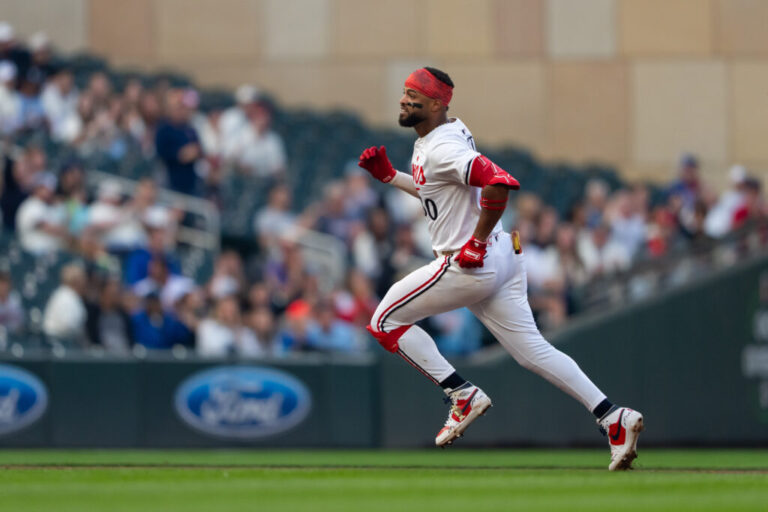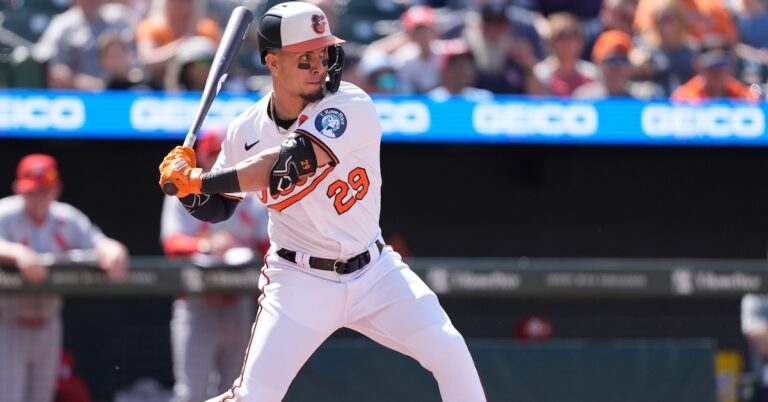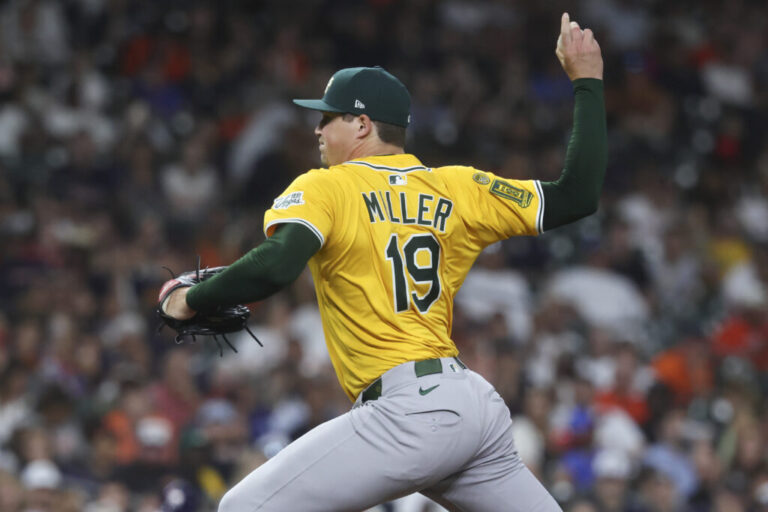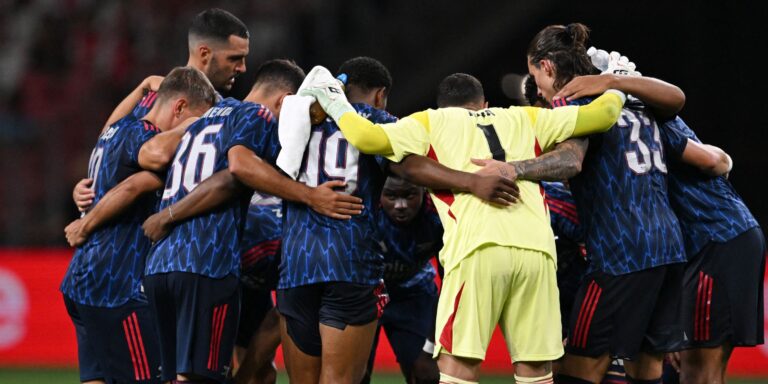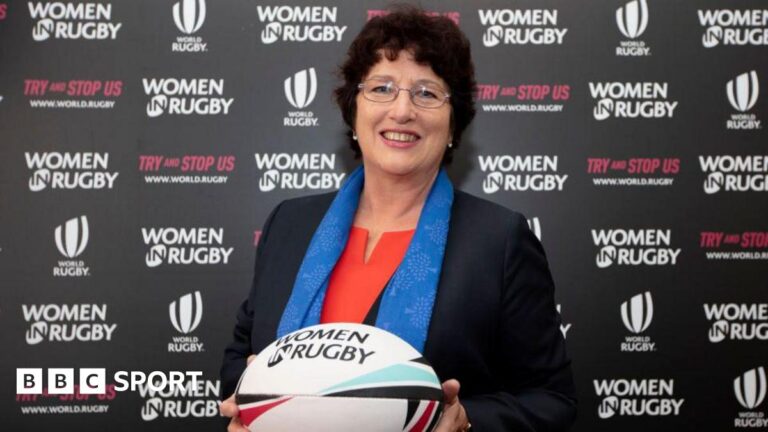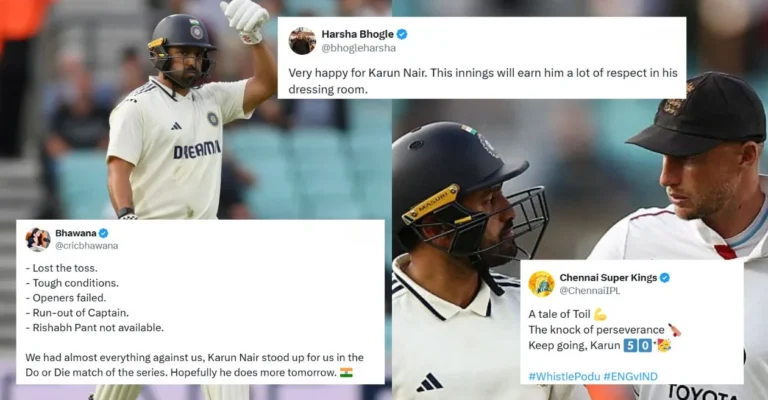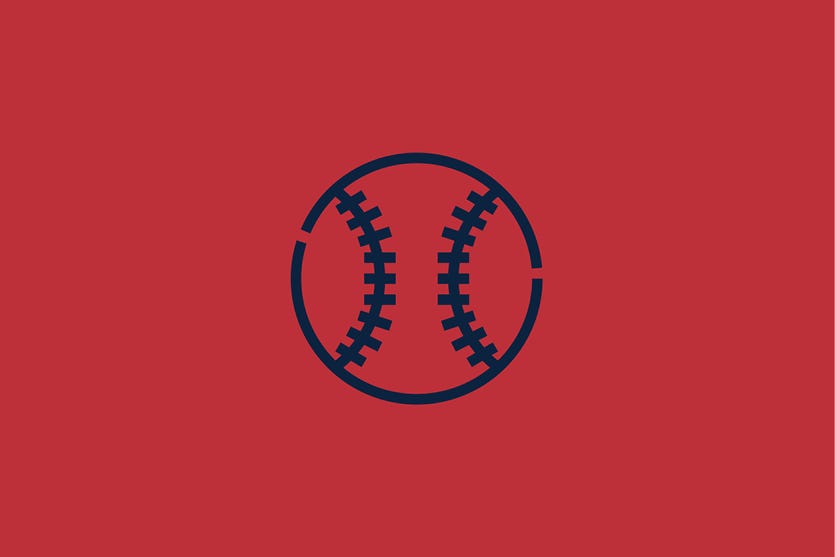
1. BEST: Playoff champs
The postseason is nearly here, and several well-known names have qualified yet again. Hello there, Yankees and Dodgers. You too, Astros and Phillies.
Yes, a few unexpected teams made playoff pushes in 2024. Few pundits believed that the Brewers or Guardians would play their way in. And who anticipated that the Royals and Tigers would make serious runs?
Yet it can’t be denied that postseason baseball is plagued by a certain familiarity. I’ve devised a simple scoring system to isolate the dominant franchises since 2000, awarding one point for each playoff appearance, an additional three points for each league pennant, and another five points for each world championship.
The Boston Red Sox emerged as the top-rated club over the 24-year span, with 11 trips to the playoffs (abbreviated as P in the chart below), four league titles (L), and four World Series victories (W) for a grand total of 43 points.
Here are the top 10 franchises in terms of postseason success from 2000 through 2023:
-
1. Red Sox (P 11, L 4, W 4), 43 points
-
2. Yankees (P 19, L 4, W 2), 41 points
-
3. Cardinals (P 16, L 4, W 2), 38 points
-
4. Astros (P 11, L 5, W 2), 36 points
-
5. Giants (P 8, L 4, W 3), 35 points
-
6. Dodgers (P 15, L 3, W 1), 29 points
-
7. Braves (P 15, L 1, W 1), 23 points
-
8. Phillies (P 7, L 3, W 1), 21 points
-
9. Rangers (P 6, L 3, W 1), 20 points
-
10. Diamondbacks (P 6, L 2, W 1), 17 points
2. WORST: Playoff chumps
Playoff baseball is a rarity in Pittsburgh and Seattle, whose clubs have qualified for the postseason just three times apiece since 2000.
The Pirates and Mariners failed to win a league pennant, let alone a World Series, at any time during the study period, so they finished with three points each, the worst score for any franchise.
The following list of the least successful ballclubs includes some that have improved their fortunes in recent years, even though they struggled over much of the 2000-2023 span:
-
1. Mariners (P 3, L 0, W 0), 3 points
-
1. Pirates (P 3, L 0, W 0), 3 points
-
3. Orioles (P 4, L 0, W 0), 4 points
-
3. Padres (P 4, L 0, W 0), 4 points
-
3. Reds (P 4, L 0, W 0), 4 points
-
6. Blue Jays (P 5, L 0, W 0), 5 points
-
7. Brewers (P 7, L 0, W 0), 7 points
-
7. Rockies (P 4, L 1, W 0), 7 points
-
9. Twins (P 10, L 0, W 0), 10 points
-
10. Athletics (P 11, L 0, W 0), 11 points
-
10. Guardians (P 8, L 1, W 0), 11 points
-
10. Marlins (P 3, L 1, W 1), 11 points
-
10. Mets (P 5, L 2, W 0), 11 points
-
10. Tigers (P 5, L 2, W 0), 11 points
3. GRAPH: An epic collapse
The final week of the regular season conjures memories of great stretch drives of the past. Collapses, too.
We’re currently marking the 60th anniversary of one of the latter instances, undoubtedly one of the worst collapses of all time.
Philadelphia held a 6.5-game lead in the National League in 1964 with 12 games to play. That era predated today’s multi-round playoff system, so the Phillies were already printing World Series tickets, and why not?
The Phils beat the Dodgers, 3-2, in Game 150 to advance their record to 90-60, giving them the aforementioned 6.5-game lead.
That’s when everything went black. Philadelphia lost its next 10 outings, surrendering first place after Game 157 and dropping to 2.5 games behind by No. 160. A pair of season-ending victories came too late to do any good, and the Phils finished second in the NL, one game behind the St. Louis Cardinals.
The whole unhappy decline is plotted on this week’s graph.
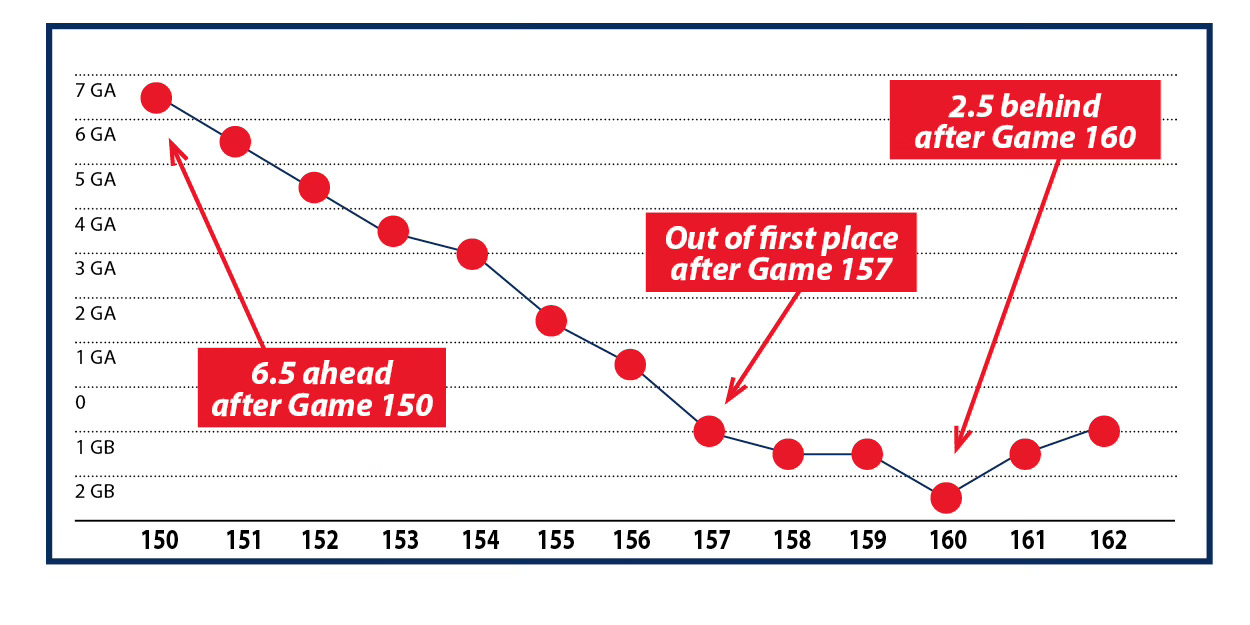
Subscribe — free — to Baseball’s Best (and Worst)
A new installment will arrive in your email each Tuesday morning
4. QUIZ: Future milestones
Twelve teams will turn their attention to the playoffs next week, but the other 18 clubs will be getting an early start on winter.
Members of those latter teams can’t do anything but sit on the sidelines and daydream about 2025. A few players (both on playoff and eliminated clubs) can spice up their fantasies by pondering some big numbers.
This week’s quiz gets a jump on the season ahead, asking about batters and pitchers who are likely to reach significant milestones in 2025. You can scroll to the bottom of this newsletter for the answers.
1. Who is most likely to become the next batter with 2,000 career hits?
-
A. Nolan Arenado
-
B. Charlie Blackmon
-
C. Manny Machado
-
D. Carlos Santana
2. Who is in line to be the next hitter with 400 home runs?
-
A. Freddie Freeman
-
B. Paul Goldschmidt
-
C. Manny Machado
-
D. Mike Trout
3. Who is the closest challenger to a career total of 1,000 runs batted in?
-
A. Bryce Harper
-
B. Salvador Perez
-
C. Anthony Rizzo
-
D. Mike Trout
4. Which pitcher is the top candidate for 200 career wins?
-
A. Gerrit Cole
-
B. Lance Lynn
-
C. Charlie Morton
-
D. Chris Sale
5. Who is closest to a total of 3,000 strikeouts?
-
A. Gerrit Cole
-
B. Clayton Kershaw
-
C. Lance Lynn
-
D. Charlie Morton
5. LEADERBOARD: Messy saves
Q. When does a save not feel like a save?
A. When a closer allows the opposition to clog the basepaths and score a run (or even more).
If he somehow gets the final out without blowing his club’s lead, a reliever is still given credit for a save in such a circumstance. But that doesn’t seem quite right, does it? A closer is supposed to shut the door, one-two-three.
Pittsburgh’s David Bednar, a two-time All-Star, is familiar with this topic. Opponents scored in slightly more than a quarter of Bednar’s saves — six of 23 — through September 20. That sloppiness, along with seven blown saves in other outings, cost him the Pirates’ closing role at the end of August.
Bednar led the majors this year with his six “messy saves,” those games in which he was charged with one or more earned runs, yet still was credited with a save. Here’s the list of relievers with at least four messy saves as of September 20, as tabulated by Baseball Reference:
-
1. David Bednar, Pirates, 6 messy saves
-
2. Robert Suarez, Padres, 5
-
2. Ryan Helsley, Cardinals, 5
-
4. Kirby Yates, Rangers, 4
-
4. Jordan Romano, Blue Jays, 4
-
4. Josh Hader, Astros, 4
-
4. Chad Green, Blue Jays, 4
-
4. Pete Fairbanks, Rays, 4
-
4. Alexis Diaz, Reds, 4
-
4. Aroldis Chapman, Pirates, 4
6. TRACKING THE BEST: ’84 Tigers
We’ve been following the 1984 Detroit Tigers, the best team of baseball’s Modern Era (1961 to the present), on a week-to-week basis since opening day. Let’s make an exception today, jumping ahead to cover the last two weeks of the regular season, September 17-30, 1984.
The Tigers clinched the American League East title on September 18 with a 3-0 victory over the Milwaukee Brewers. They proceeded to play out the string, winning nine of their final 13 games. Detroit finished with a record of 104-58, 15 games ahead of the divisional runner-up, the Toronto Blue Jays.
Manager Sparky Anderson said he was tired of being told that the AL East crown came easily to the Tigers because of their fast start.
“All I hear is that if the Tigers hadn’t gotten off to a 35-5 start, they wouldn’t have won,” he said after the last regular-season game. “I always thought the season lasted 162 games. Don’t the first 40 count?”
7. TRACKING THE WORST: ’62 Mets
The 1962 New York Mets would finish their inaugural season with a 40-120 record, stamping them as the losingest team since baseball’s two-league structure was created in 1901. They would hold that unhappy distinction for 62 years, until the pathetic 2024 Chicago White Sox came along.
The Mets lost three of every four games throughout the 1962 season, and they held to form during their stretch drive, going 3-9 between September 17 and 30.
New York’s 72-year-old manager, Casey Stengel, was admittedly shell-shocked at the end. “You gotta be brave at the plate,” he said after the 120th loss was in the books. “We weren’t brave enough. We didn’t attack the pitcher enough.”
8. QUIZ ANSWERS: Future milestones
1-C. (Machado is slightly more than 100 hits away from the 2,000 mark. His career total was 1,894 as of September 20, the cutoff point for all of these answers. Arenado was next with 1,817 hits.)
2-D. (Health is everything, of course. If Trout recovers from his injuries, he’s next up with 378 homers, followed by Goldschmidt at 361.)
3-A. (Harper had 975 career RBIs at the cutoff, with Rizzo as the runner-up at 963.)
4-A. (This is a bit of a trick question, since nobody is within striking distance of 200 wins. Cole is nearest with 151.)
5-B. (Kershaw is extremely close with 2,968 strikeouts. The only question is whether he’ll continue pitching after this year.)
